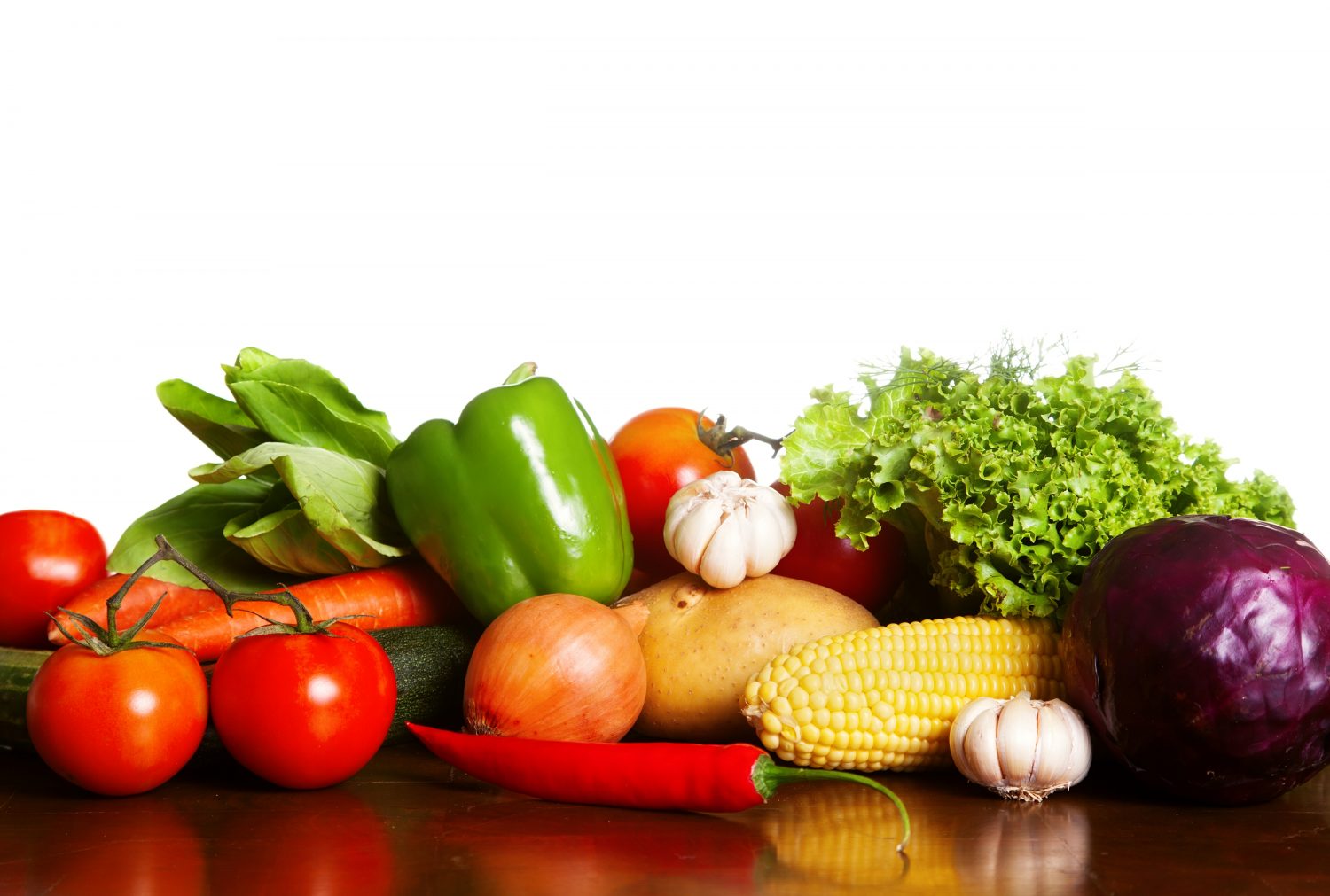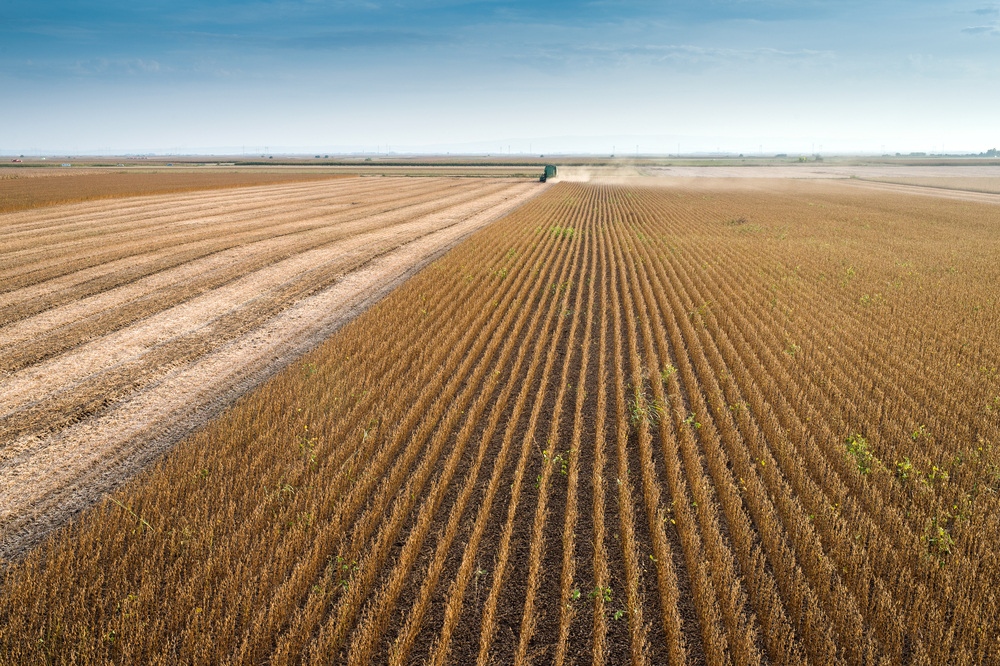
FDA Sets Aside Enforcement For Some FSMA Rules
The Food and Drug Administration will not enforce select food safety regulations during what it calls an “enforcement discretion period” drawing the ire of consumer groups who charge the move is undermining food safety measures.
The FDA, which plans to keep the discretion period in place until it resolves issues with specific Food Safety Modernization Act provisions, says the move is to ensure the rules are clear for a long-term solution.
“The provisions the agency does not intend to enforce relate to aspects of the farm definition, requirements related to written assurances from a manufacturer’s customers, requirements for importers of food contact substances, and requirements related to certain human food by-products for use as animal food,” FDA Commissioner Scott Gottlieb said in a statement. “This action will help reduce the burdens on both industry and government and provide the agency the ability to consider the most effective and efficient way forward.”
Gottlieb said the steps are part of the agency’s effort to make sure “we take the time to get this new framework right.”
One of the key regulations that the FDA is delaying enforcement on is for facilities that would be considered farms, except for certain factors and activities. In the food safety regulations, some packinghouses fall under the preventive controls rule while others would be covered by the produce safety rule. Industry food safety experts have argued consistency in the regulations.
The enforcement discretion also covers: Written assurances provisions in all four rules related to the control of identified hazards or microorganisms that are a potential risk to public health; and Foreign Supplier Verification Program requirements for importers of “food contact substances,” defined as materials used in manufacturing, packing, packaging, transporting, or holding food.
Reaction:
Consumer group Science in the Public Interest said the FDA’s action is “a rotten anniversary present” noting that the FSMA was signed into law Jan. 4, 2011.
“The Trump administration is today undermining that landmark legislation by indefinitely delaying enforcement of the rules that would put it into effect,” CSPI president Peter Lurie said in a statement.
The FDA’s decision has broad industry support.
“Enforcement discretion is appreciated since FDA has not yet resolved the farm/facility issue to clarify which rule operations fall under,” Jennifer McEntire, vice president of food safety and technology for the United Fresh Produce Association, said in an e-mail. “The industry wants to comply and the sooner FDA can move through the process the better. We don’t want to stay in this gray space for too long.”
The Washington, D.C.-based National Sustainable Agriculture Coalition also applauded the move and praised FDA’s acknowledgment of the ongoing confusion that businesses have experienced in determining where they fall within food safety regulations.
The group said the FDA has recognized the impracticality of having businesses conducting the same activity (i.e., packing and holding produce) follow different rules just because their ownership structures are different.
The coalition said the FDA will need to undertake new rule making to resolve the issue.
“It is our hope that in so doing they reach a solution wherein any operation solely conducting farm-related activities on raw, unprocessed produce will be subject to the produce safety rule requirements, not the preventive controls requirements,” the group said in a blog post.
Gottlieb said the process “will take time.”
“Our aim is to work constructively with farmers and other producers to achieve our shared goals around food safety,” he said in the statement. “These steps are part of our ongoing effort to make sure we take the time to get this new framework right, so it can successfully serve the needs of consumers for the long run.”


